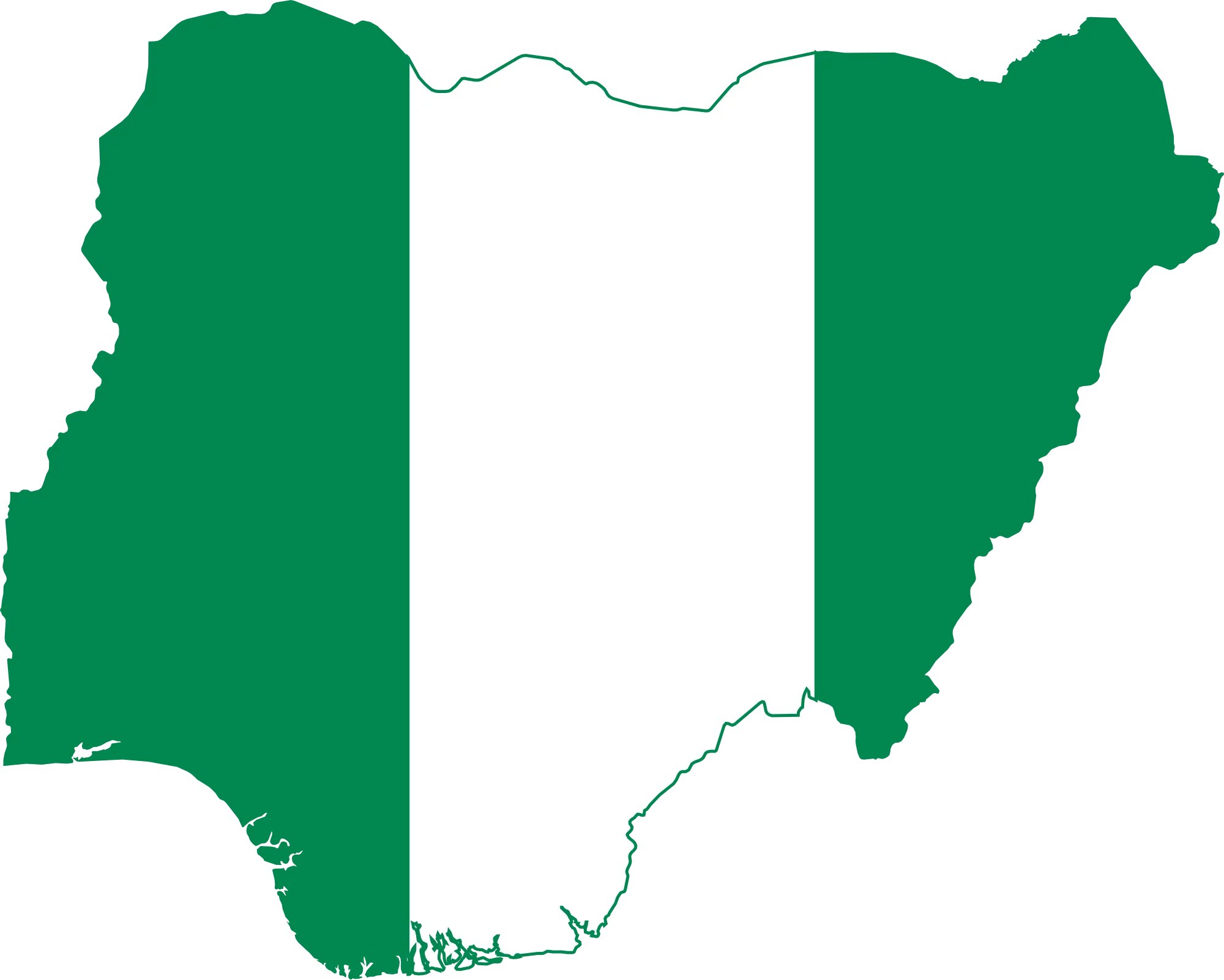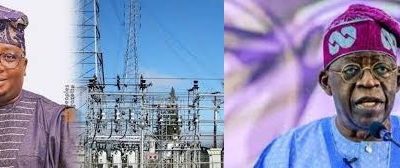OPINION
Governance In Nigeria: Will It Ever Get Better?

ISAAC ASABOR*
Nigeria, a country endowed with abundant resources and a vibrant population, is stuck in a cycle of poor governance that has persisted for decades. Many Nigerians wonder if things will ever get better. The struggle to break free from the bonds of corruption, mismanagement, and ineffective leadership appears to have no end in sight.
Since Nigeria’s independence in 1960, successive governments have taken power with promises of change and development. However, these promises have frequently become empty rhetoric, leaving the public disillusioned and frustrated. From military regimes to democratic administrations, the narrative has been alarmingly consistent: leaders who rise to power with lofty goals frequently lose their way, becoming entangled in a web of corruption and personal profit.
The military era, characterised by coups and counter-coups, was one of instability and repression. While some may argue that there were brief periods of progress, the overall trend was one of stagnation and decline. The return to democracy in 1999 was heralded as a new beginning for Nigeria, but the years since have revealed that governance challenges are deeply ingrained in the country’s political system.
Corruption remains a major impediment to good governance in Nigeria. It is a cancer that has spread throughout the country’s institutions, from the top levels of government to the grassroots. Despite the establishment of several anti-corruption agencies, including the Economic and Financial Crimes Commission (EFCC) and the Independent Corrupt Practices Commission (ICPC), the scourge persists. The government’s inability to function effectively is due to a lack of accountability and transparency in public offices.
The allegations of financial misappropriation in several government agencies have eroded public trust. The transfer of public funds intended for development projects to private accounts has left critical infrastructure in disrepair. Roads, schools, hospitals, and other essential services are severely underfunded, denying millions of Nigerians access to necessities.
Nigeria’s governance crisis is rooted in a lack of visionary leadership. Individuals who prioritise personal interests over the common good dominate the national political landscape. The concept of public service, which should be the foundation of governance, has been pushed to the sidelines. Instead, politics has become a means of accumulating wealth, with little regard for the well-being of the general public.
This leadership vacuum is visible in the way policies are developed and implemented. In many cases, government initiatives are poorly planned and executed, resulting in little impact on the ground. The divide between the government and the people is palpable, with many citizens believing that their voices are not heard or valued.
Despite the bleak outlook, there are glimmers of hope. Civil society organisations and an increasing number of politically conscious young Nigerians are putting pressure on their leaders to do more. The rise of social media has also given citizens a way to hold their government accountable. However, these efforts are frequently met with opposition from entrenched political elites who are unwilling to give up power.
The recent #EndSARS and #EndBadGovernance protests, which demanded an end to police brutality and bad governance, respectively, demonstrated the potential for change. Despite being brutally suppressed, the movements sent a clear message that Nigerians are no longer willing to accept the status quo. The question now is whether this momentum can be maintained and translated into tangible change at the ballot box.
Good governance in Nigeria requires a fundamental shift in the political culture. This entails not only holding leaders accountable but also cultivating an environment of integrity and public service. It requires an independent and fearless judiciary, a legislature that truly represents the people and an executive committed to the rule of law.
Against this backdrop, it is reasonable to argue that education and civic engagement are critical and that citizens must be informed and empowered to make decisions that reflect their interests, while voter apathy, driven by years of disillusionment with the political process, must be addressed if true democracy is to take root in Nigeria.
Regardless, the road to good governance in Nigeria is long and difficult, but it is not impossible. While the past and present may paint a bleak picture, the future holds the potential for change. It will take a concerted effort, determination, and a willingness to confront the issues that have held the country back for so long. The question remains: will Nigeria rise to the challenge, or will the cycle of poor governance continue? The outcome will be determined only by time.
-
CRIME3 years ago
PSC Dismisses DCP Abba Kyari, To Be Prosecuted Over Alleged $1.1m Fraud
-
FEATURED3 years ago
2022 Will Brighten Possibility Of Osinbajo Presidency, Says TPP
-
FEATURED2 years ago
Buhari’s Ministers, CEOs Should Be Held Accountable Along With Emefiele, Says Timi Frank
-
BUSINESS & ECONOMY2 years ago
Oyedemi Reigns As 2023’s Real Estate Humanitarian Of The Year
-
SPORTS1 year ago
BREAKING: Jürgen Klopp Quits Liverpool As Manager At End Of Season
-
SPORTS2 years ago
Could Liverpool Afford Kylian Mbappe For €200 million? Wages, Transfer Fee
-
ENTERTAINMENT2 years ago
Veteran Nigerian Musician, Basil Akalonu Dies At 72
-
FEATURED2 years ago
Tribunal Judgement: Peter Obi Warns Of Vanishing Electoral Jurisprudence, Heads To Supreme Court
-
BUSINESS & ECONOMY2 years ago
Oyedemi Bags ‘Next Bulls Award’ As BusinessDay Celebrates Top 25 CEOs/ Business Leaders
-
FEATURED3 years ago
2023 Presidency: South East PDP Aspirants Unite, Demand Party Ticket For Zone



































